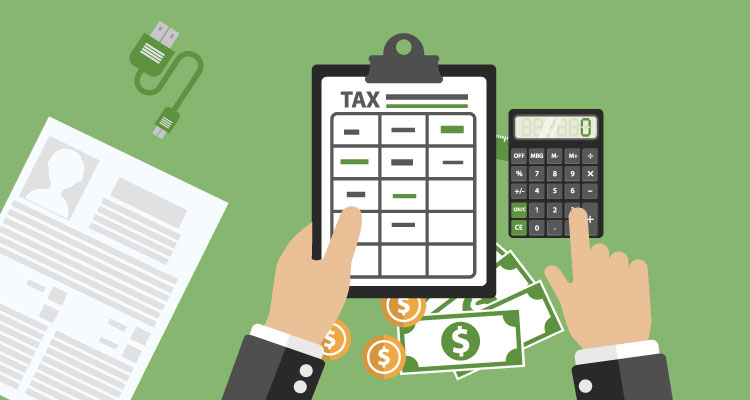The beginning of 2019 was a difficult time for many as the nation faced the longest government shutdown in the history of the United States. With the furlough of thousands of federal employees, many branches of the government were not operating at full capacity. The IRS was no exception. The timing couldn’t have been worse — the shutdown occurring at the peak filing time along with confusion surrounding the recent tax code overhaul. Optima Tax Relief investigates just how the IRS was affected during the shutdown and how to prepare yourself if it occurs again.
The Overall Impact
The primary impact of the shutdown was the complete lack of assistance from the IRS. Millions of phone calls went unanswered as Americans scrambled to figure out how to file and how much they owed. For those callers who did get through, they reported excessively long wait times, some waiting more than 80 minutes. An audit prepared by the National Taxpayer Advocate revealed that there were more than 87,000 amended tax returns that were never processed during the shutdown, delaying payments that created a substantial economic effect.
Less Returns Filed
As a result of the chaos caused by the shutdown, fewer Americans filed their returns on time. Data released by the IRS showed that there were 12 percent fewer returns filed, and the agency had processed fewer returns overall. It isn’t surprising that many gave up due to the frustration felt when trying to navigate the new tax changes with little to no guidance from the IRS.
Optima Tax Relief Explores Preventing Future Issues
According to an article by the New York Times, one of the most significant issues that were highlighted during the shutdown is the outdated technology used to record taxpayer accounts. The IRS cites the lack of government funding as the reason they are unable to upgrade this technology. Despite the lack of federal technology upgrades, Americans can take action to prevent future filing issues. By consulting with qualified tax professionals, you can remove the confusion surrounding filing your tax returns. After experiencing the lack of available tax advice from the IRS, it is crucial to have a secondary source of tax information.
Sponsored Content



Leave a Reply